As a foodie, one of the most common questions I get is about how I financially support my eating habits without going broke. Surviving in NYC is difficult enough, let alone as a college student. An obsession with restaurants can make things even more expensive.
However, with a little time and effort, dining out well doesn’t have to be impossible if you’re on a budget. Here are the best tricks and habits that have helped me to make the most of what’s in my wallet.
Plan Ahead

Gif courtesy of giphy.com
To make the most of your money, research the restaurant you’re about to go to. Read the chef’s biography, find out what their signature dishes are, and narrow down your options so that you don’t over-order and over-spend. Also, avoid ordering the waiter’s suggestions if you didn’t ask for them, as it might indicate that the dish is unpopular and they need to get rid of it.
Sharing is Caring
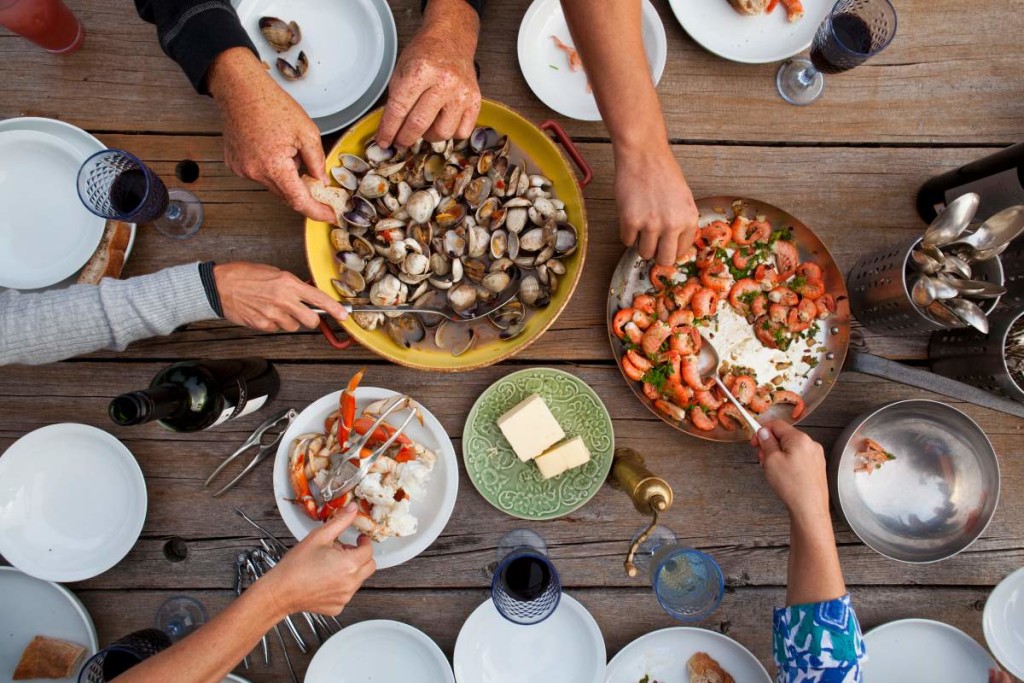
Photo courtesy of thesassycook.com
One of the best ways to catch up with friends is over food. Pick a place that serves small shareable plates instead of ordering expensive, large entrees. This way, you’ll be able to sample multiple dishes for the same price (or less) as what you would spend on one main dish. Plus, half the fun in being a foodie is sharing the experience with someone you care about.
Find the Alternatives
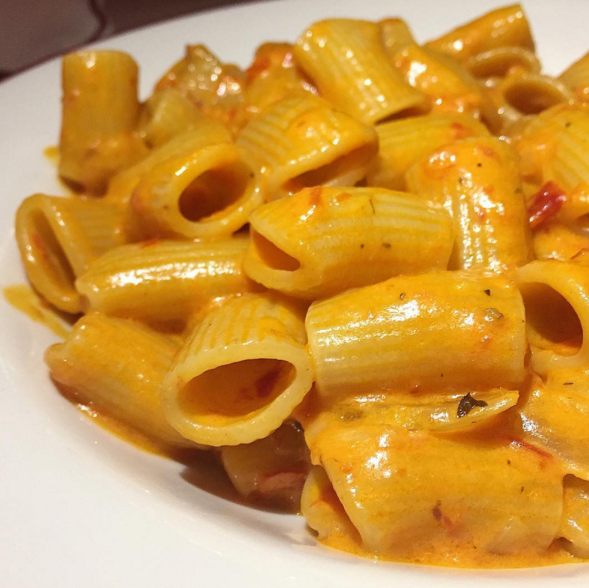
Photo courtesy of @skotchontherox from Instagram
One of the best ways to save money on quality dining is by researching what other restaurants are owned by the same chef. Now more than ever, chefs are realizing that people want better food for less $$$, and are opting to open more casual places. That hip Mexican restaurant, La Esquina, beloved by Joe Jonas and Malia Obama? Check out their casual taqueria upstairs from their more expensive brasserie. That spicy rigatoni vodka from Carbone all over Instagram? Almost half the price at Parm.
Know the Hacks
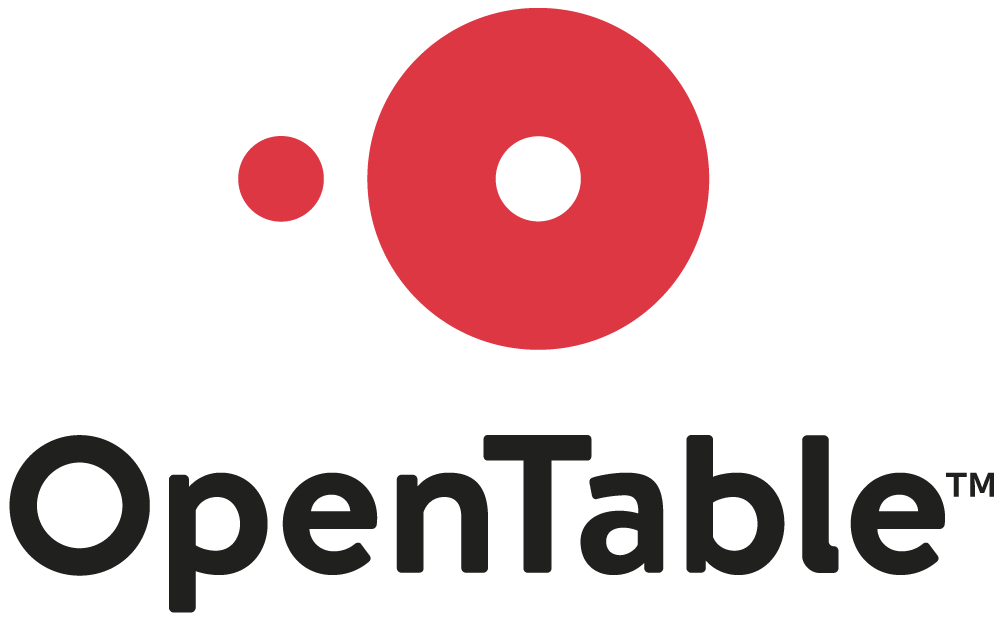
Photo courtesy of opentable.com
OpenTable is a foodie’s best friend. Each reservation made through OT scores you 100 points, and with more points, you can earn gift cards to any OT restaurant. However, one of the best hacks is to make a list, scroll through OT’s 1,000-point reservations, and see which ones match up. This might mean you’ll end up eating at a weird hour, but ultimately it will save you time and money and let you earn points faster.
Take some time to research which restaurants have special late-night deals or cheaper lunch portions and prix-fixes. Restaurant Week is an awesome opportunity to go to more expensive places. Many offer a $25 three-course lunch that would normally cost double.
Find the Best Cheap Eats
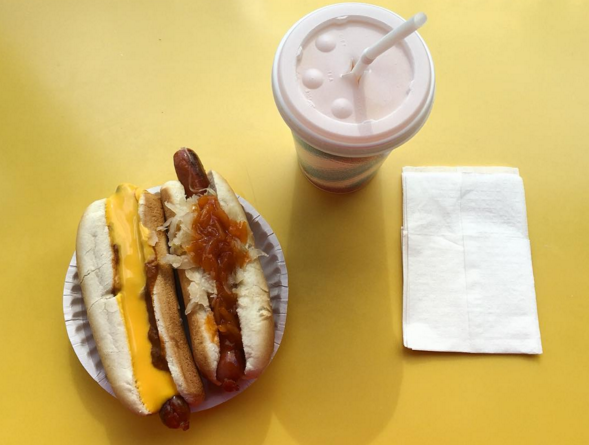
Photo courtesy of @platematenyc from Instagram
Eating at expensive restaurants doesn’t make you a better foodie. Some of the best meals are the cheap eats like dim sum in Chinatown or a $3 slice at Joe’s Pizza. Check out the lists and maps of the best cheap eats on Time Out and Eater. Or, take a look at The Infatuation’s review page, organize the reviews by highest ratings first, and find the highest-rated restaurants with the fewest dollar signs. Going to these places may require some traveling, so bring a friend and make an adventure out of it.
Save Your Money for the Good Stuff

Gif courtesy of giphy.com
You’re always going to have to buy food at some point. The key is to know where and how to spend your hard-earned cash. Cook at home to avoid spending money at mediocre restaurants, and save up for a special night out. Also, read food news outlets and reviews to better discern which restaurants are actually worth going to and which are just over-hyped.
Make Eating Your Job
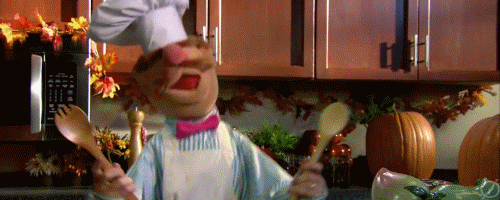
Gif courtesy of giphy.com
This is for the serious foodies. If you want to be around food and get paid for it, find a way to work for your favorite chef, restaurant, publication, or any company that has to do with food. If working in the industry full-time isn’t your thing, start a blog or food Instagram for fun. If you gain enough followers and become Insta-famous, then restaurants will actually pay you to help market their product.
Word of advice: Never go to a restaurant just because a food Instagrammer went there. Chances are they were either given free food or paid money to be there.
Look Beyond the Food Itself

Gif courtesy of giphy.com
Being a foodie doesn’t necessarily mean you’re always eating. If you’re really into food, the best thing you can do is educate yourself by reading (here are cookbooks millennials enjoy), watching cooking shows (you can find a definitive ranking here), and keeping up with food news. You’ll gain more knowledge about the food you do eat and will be able to appreciate it more. Sometimes being a foodie is more about what you know than where you’ve been.


